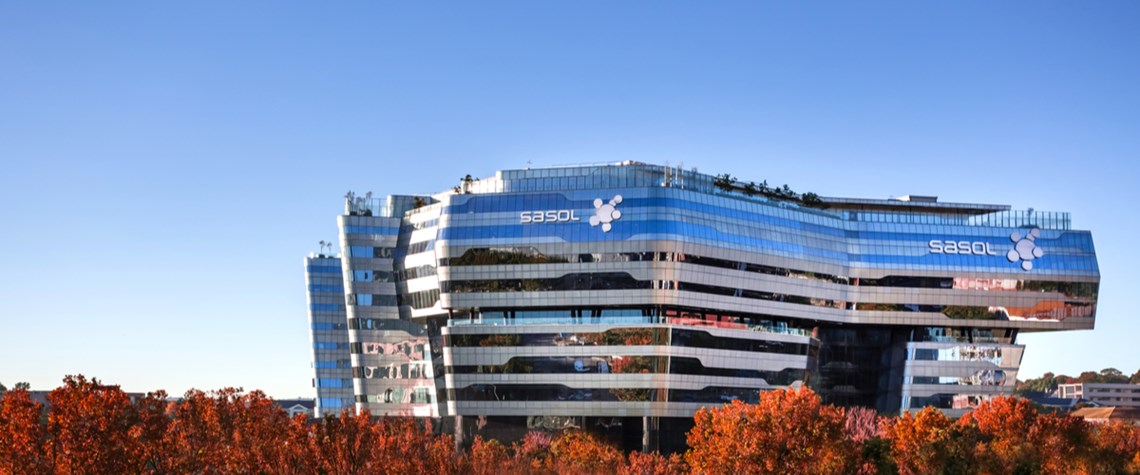Sasol stakes its survival on coal replacement and green H<sub>2</sub>
The South African company—which makes synthetic fuels from coal—is struggling to survive in a low-carbon world
South African energy and petrochemicals company Sasol has been slow to respond to the climate crisis, despite the existential threat it poses to its core business of producing synthetic fuels from coal. It has so far committed to reducing its South African emissions by 10pc by 2030, from its 2017 baseline of 63.9mn t of CO2e. The target has been criticised by environmental campaigners for being too little, too late Sasol may not have the means to move any faster. Low oil prices in the wake of the Covid-19 pandemic, and the company’s disastrous investment in the Lake Charles chemicals project in the US, led Sasol to report a loss of $5.5bn for the year to June 2020. Sasol chief executive Flee

Also in this section
4 February 2026
Europe’s largest electrolyser manufacturers are losing patience with policymakers as sluggish growth in the green hydrogen sector undermines their decision to expand production capacity
2 February 2026
As a fertiliser feedstock, it is indispensable, but ammonia’s potential as a carbon-free energy carrier is also making it central to global decarbonisation strategies
28 January 2026
The development of hydrogen’s distribution system must speed up if the industry is to stand any chance of grabbing a meaningful slice of the low-carbon energy market
14 January 2026
Continent’s governments must seize the green hydrogen opportunity by refining policies and ramping up the development of supply chains and infrastructure







